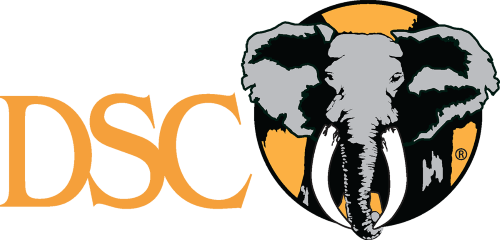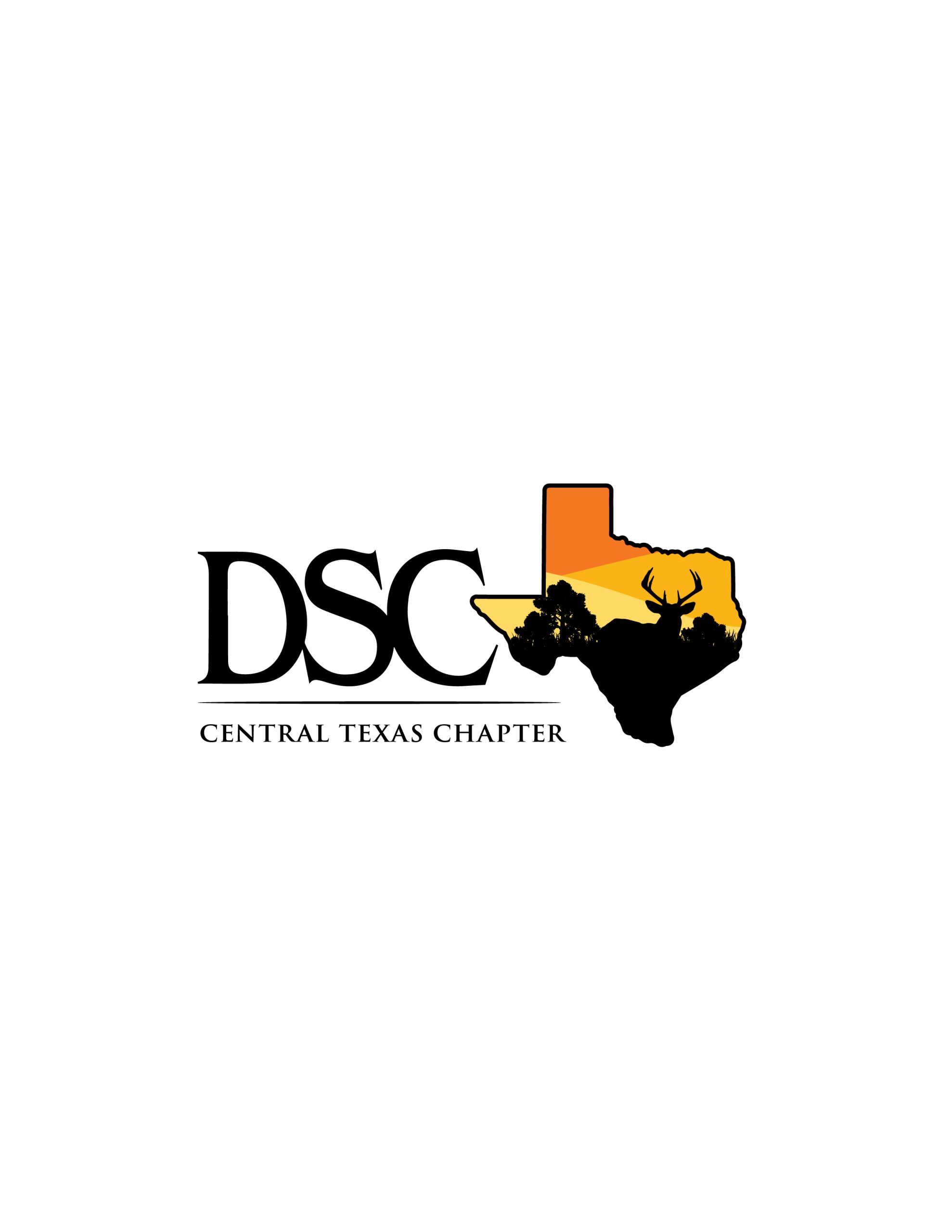It’s not too soon to begin planning hunts for 2018 and beyond. DSC is offering a three-part series of tips to help you get started choosing, finding and booking your next adventure of a lifetime.
Part 1 discussed how to prepare for conventions. Advance work will help you decide on a specific type of hunt and begin finding potential outfitters. Once you’ve narrowed your search to two or three operators in the same price range, you’ll be ready to attend the show and meet the outfitters personally. Legacy will be held Jan. 4-7, 2018, only a few months away.
It’s important to interview and vet carefully, not because there are bad operators, but because not every hunt is perfect for every hunter. You know your tastes, preferences and abilities. Make sure you communicate those and ask questions to ensure a good fit. Good communication is also important for those abilities and skills for which your PH might be able to act as a mentor. Every time you hunt, you should be open to improving and learning.
DSC maintains a code of ethics and standards for hunt operators within its membership. Any outfit exhibiting at the DSC show is a member in good standing. Here are five tips to help pick the right one.
- Shop Wisely − Never book a hunt based solely on what an outfitter, guide or booking agent tells you. If you have an established relationship with an agent or operator, that’s one thing. But don’t plunk down thousands of dollars based on a brochure, alluring talk, and sincerity. Make decisions based on informed research, and trust your gut. If it’s too good to be true, it probably is!
- License Confirmation − Check to make sure your guide or outfitter is legal. For example, only a Zimbabwean registered PH (professional hunter) or safari operator can conduct hunts in Zimbabwe − no freelancers from outside may guide. Contact the wildlife department in the area you plan to hunt and ask how to check on your outfitter’s status. Some states require formal licensing. Others require registration or membership in an association. Ask if there are any complaints on file against your operator.
- Member Status − Seriously consider an operator who is a member of the local professional hunters association. These groups have stated codes of ethics and conduct by which their members must abide. While these groups may not be able to take legal action against violators, they can provide you with some recourse if anything goes awry. Several African PH associations exhibit at the DSC convention, so you might be able to talk to someone at the show who knows the reputation of your prospective outfitter. Even a PH just starting his career has had to apprentice with someone.
- References − Always ask operators for references and make sure you call them. Get references for the last three to five years, including last hunting season. This will give you a sense of the operator’s performance over a long period, as well as a recent snapshot on what to expect. Ask for references that were successful on their hunts and some who were not. If an unsuccessful hunter still recommends an operator, that’s a good sign.
- Get Specific − Ask specific questions and do not accept general or ambiguous responses. If a reference says the guides are great, ask what makes them great. Ask about their personality in camp, skill at spotting, understanding of a bowhunter’s special needs, and the ability to adapt to a client’s capabilities. If they say there’s plenty of game, ask about the actual numbers, species, quality animals, access, shot distances, etc. If they say the terrain is easy, do they mean it’s easy for a fit 30-something or easy for a 70-year-old with two knee replacements? Get specifics. Watch for conflicting information from references and the outfitter.
Even the most experienced hunter can walk into a bad situation if these precautions are glossed over, due to overconfidence and time constraints. One of the benefits of an organization such as DSC is that there is much to learn from others’ experiences – good or bad. DSC publishes the positive hunt reports, and tracks its exhibitors and excursion operators to make sure they remain in good standing with their customers and local authorities. If you are not feeling confident about an outfitter at any point in the process, stop and check yourself before getting caught up in “buck fever.”
A fellow hunter learned some hard lessons recently, and wrote in to share the following warnings with DSC after his encounter with fraud and even violence on an African hunt.
- Ask for multiple references when selecting a guide, outfitter or professional hunter;
- Insist on seeing copies of all necessary professional licenses and contracts before arrival for your hunt;
- Beware of sub-contracted services and contractually insist on sign-off on any contracts for tasks not handled directly by the outfitter;
- Insist on seeing proof of deposit and payment to vendors before departure;
- Beware of relinquishing custody of your firearm in a foreign nation;
- When you are faced with a bad business situation that turns potentially violent, do everything in your power to remove yourself and report the incident to the authorities. No hunt, camera footage or relationship is worth being the victim of violence.
Thanks to The Hunting Report (www.huntingreport.com) for information used in this series.
DSC released this original three-part series in 2013.



